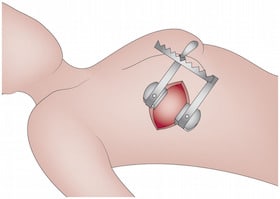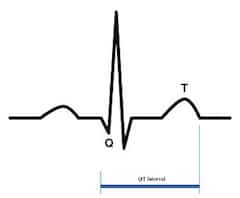cardiology emergency medicine
Episode 41: Hypertensive Emergencies
In this episode on Hypertensive Emergencies, Dr. Joel Yaphe, EM residency program director at the University of Toronto & Dr. Clare Atzema, one of Canada's leading cardiovascular EM researchers will discuss the controversies of how to manage patients who present to the ED with high blood pressure and evidence of end organ damage related to the high blood pressure. Hypertensive emergencies are a grab bag of diagnoses that all need to be treated differently. Hypertensive Encephalopathy, Aortic Dissection, Acute Pulmonary Edema, Pre-eclampsia & Eclampsia, Acute Renal Failure, Subarachnoid Hemorrhage and Intracranial Hemorrhage all need individualized blood pressure management.









